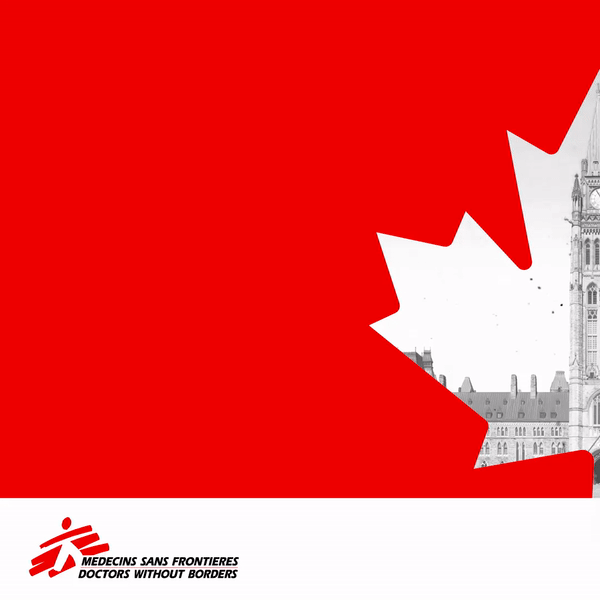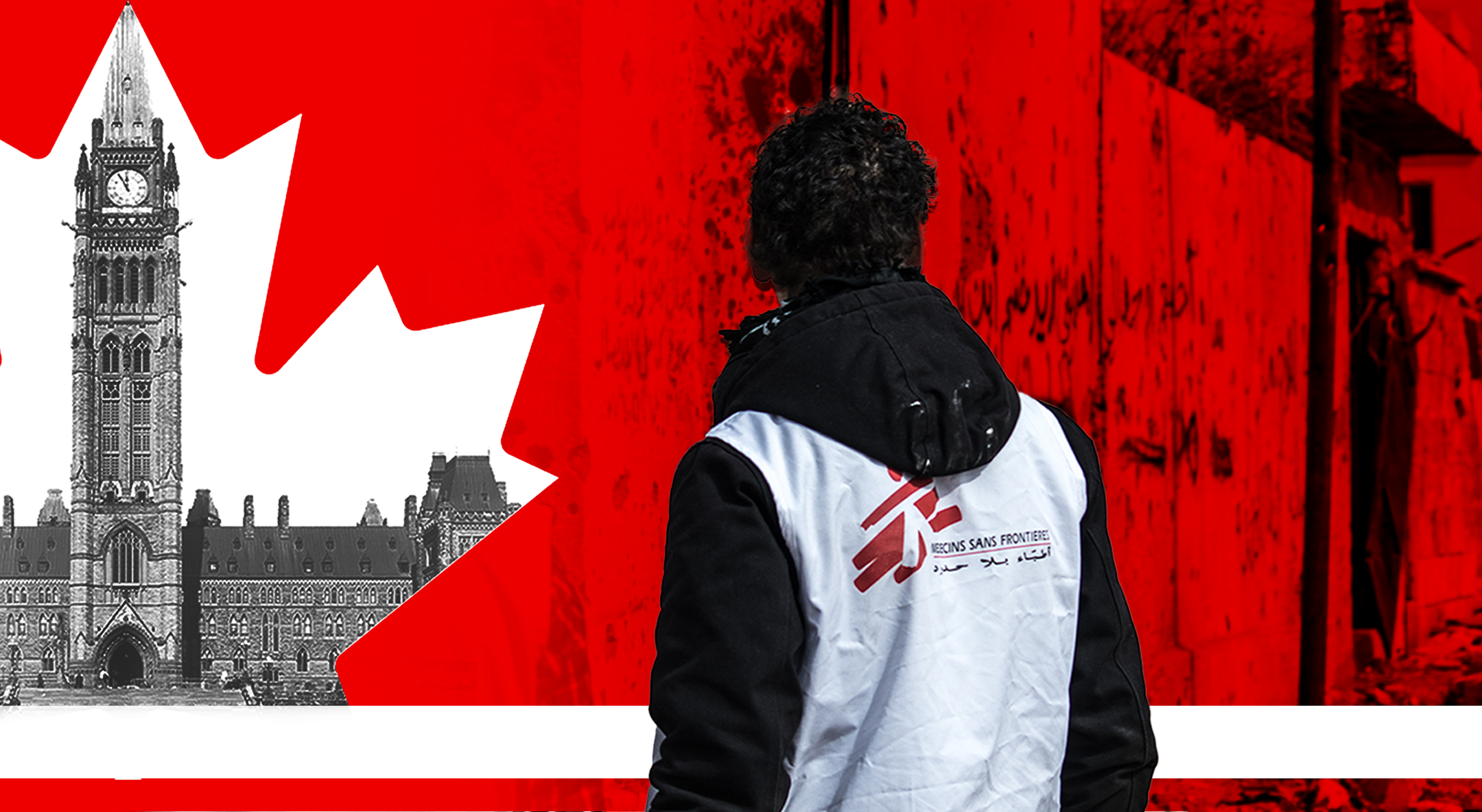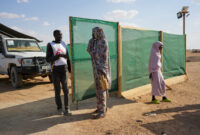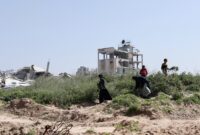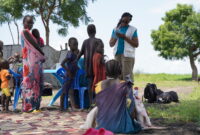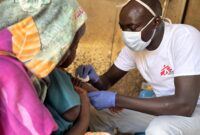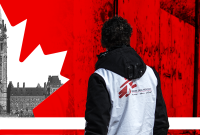Full humanitarian exemption to Canadian counterterror laws needed, not barriers
At Doctors Without Borders/Médecins Sans Frontières (MSF), we are guided by principles of impartiality, neutrality and independence. This approach to humanitarian action steers us to deliver medical humanitarian assistance whenever, wherever and to whoever needs it. When working in volatile and challenging contexts, this could mean setting up a hospital in a war zone or negotiating with armed groups to ensure health workers can reach people quickly during emergencies.
Providing impartial medical care during emergencies is unambiguously protected under international humanitarian law. Despite this, Canadian counterterrorism laws in place since 2001 have never fully exempted humanitarian action – which means, unbelievably, that for over 20 years there has existed a risk that Canadian humanitarians could find themselves facing criminal charges while supporting people in crisis settings.
“Humanitarians must be able to provide vital medical care wherever needs are greatest during emergencies – not just where the Canadian government gives us permission to be.”
Humanitarians must be able to provide vital medical care wherever needs are greatest during emergencies – not just where the Canadian government gives us permission to be.
This needs to change and the Canadian government knows it. This year, they introduced Bill C-41 to help create a narrow pathway for humanitarian assistance to reach countries where counterterrorism laws potentially apply – such as Afghanistan – but in its current form, it is still the wrong fix. Read more about why Bill C-41 isn’t the change we need.
A full humanitarian exemption to the Canadian counterterror laws is the only workable solution. Humanitarian assistance must never be held back by laws intended to criminalize terrorism-related offences.
How do Canadian counterterrorism laws put people’s lives at risk?
Canadian counterterrorism laws have never acknowledged one hard reality…
The most challenging and volatile contexts are also where humanitarian needs are often greatest.
- Countries where Canadian counterterror laws potentially impact humanitarian action – including Afghanistan, Nigeria and Somalia – are also often where people most critically need humanitarian assistance. Canada should enable essential humanitarian action in these places, not restrict it.
- Instead, Canadian counterterrorism laws have never fully exempted humanitarian action. Without this exemption, there’s a risk that humanitarians could face criminal charges under Canadian law.
- The stakes rose when the Taliban took control of Afghanistan in August 2021. Instead of supporting critically needed assistance, the Canadian government perceived that humanitarian work in Afghanistan could be viewed as committing a crime under its overly broad interpretation of Canadian counterterror laws.
Bill C-41 might create a narrow pathway for delivering assistance to Afghanistan, but … it adds more barriers in more countries and still does not do away with the problematic assumption that humanitarian efforts should be subject to criminal suspicion.
- Canada’s anti-terror laws don’t specifically exempt humanitarian workers, which means – unbelievably – that there is a risk that Canadian humanitarians could find themselves facing criminal charges while supporting people in crisis settings.
- Bill C-41 may create a narrow pathway for Canadian assistance to reach Afghanistan, but at a high cost: humanitarian organizations would need to seek permission from the Canadian government every time before we respond to people facing life-threatening emergencies in challenging contexts.
- During the crucial first moments of an emergency, people in crisis zones can’t afford to wait for the Canadian government to determine whether or not to permit humanitarian assistance through the new burdensome bureaucratic processes that Bill C-41 would introduce.
- Bill C-41 is being proposed as the fix to get support to Afghanistan – but any law that continues to scrutinize and limit humanitarian action will always be the wrong fix.
What is MSF calling for?
MSF calls on the Canadian government to once and for all include a full humanitarian exemption to Canadian counterterror laws.
- Countries like Australia, Switzerland and the UK have already exempted humanitarian assistance from their counterterror laws. It’s time for Canada to follow suit.
- Humanitarians must be able to provide vital medical care wherever needs are greatest during emergencies – not just where the Canadian government gives us permission to be.
Spread the word
We encourage you to share this message. The text below is a sample tweet you can use to spread the message. Download the GIF below and share as well by clicking on it and hitting “save image as”. Don’t forget to tag us @msf_canada. Thank you for your support.
For over 20 years there has existed a risk that Canadian #humanitarians could potentially face criminal charges while supporting people in crisis settings. This needs to change. MSF calls for a full #humanitarian exemption to Canadian counterterror laws: https://bit.ly/3L2qhf0
